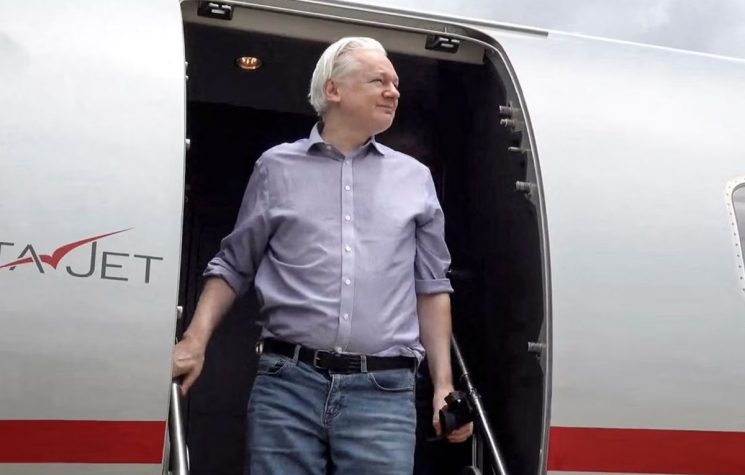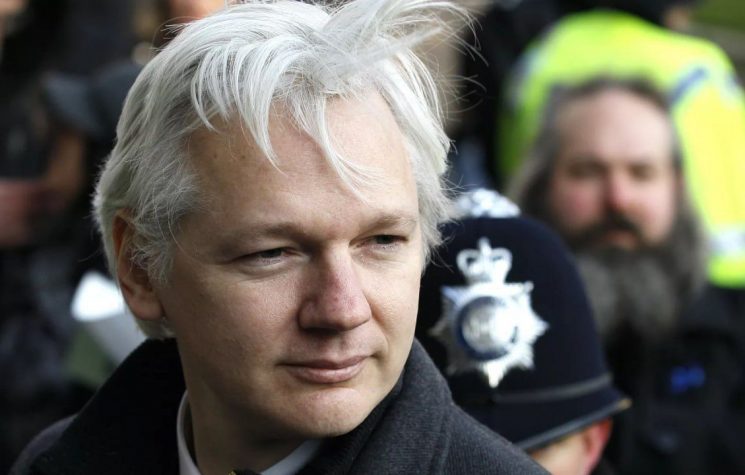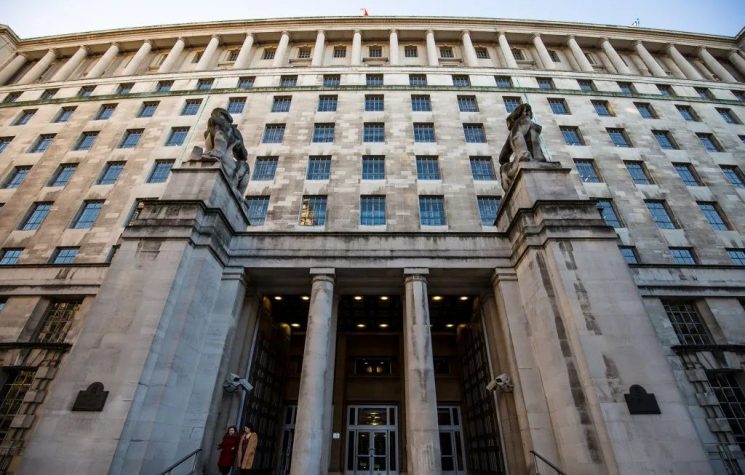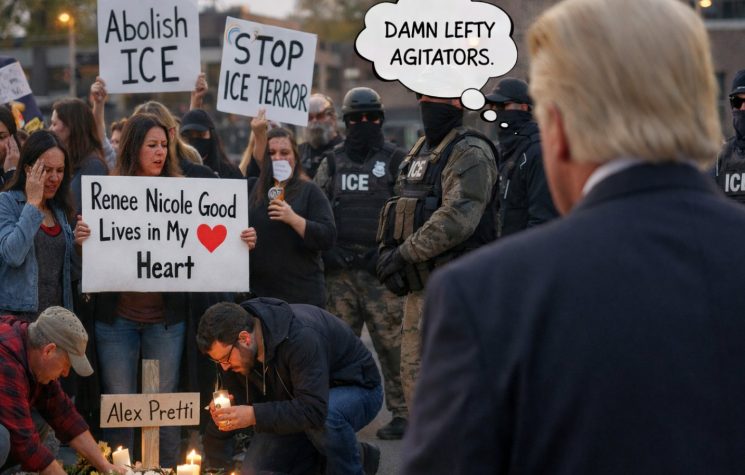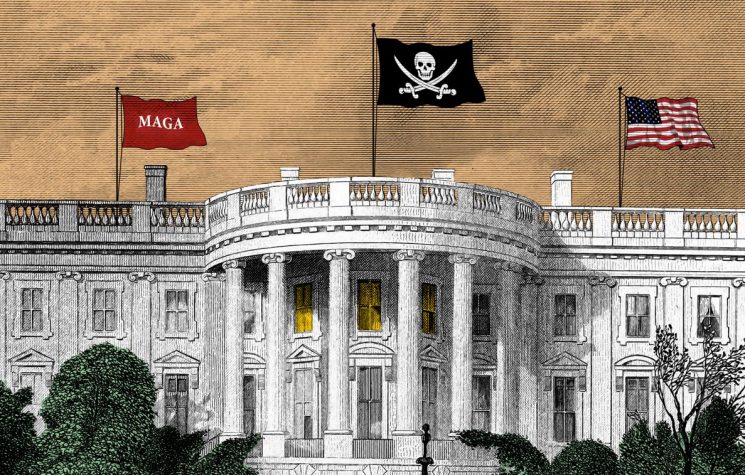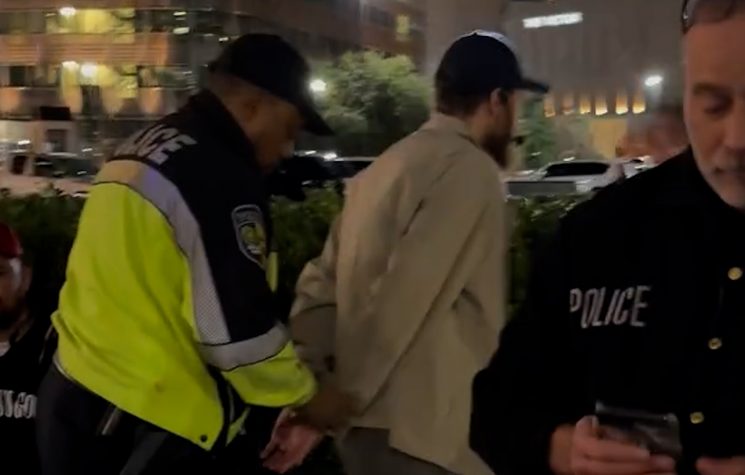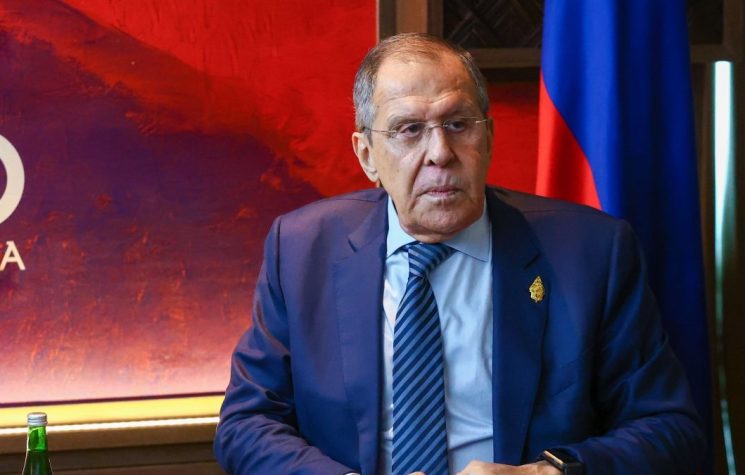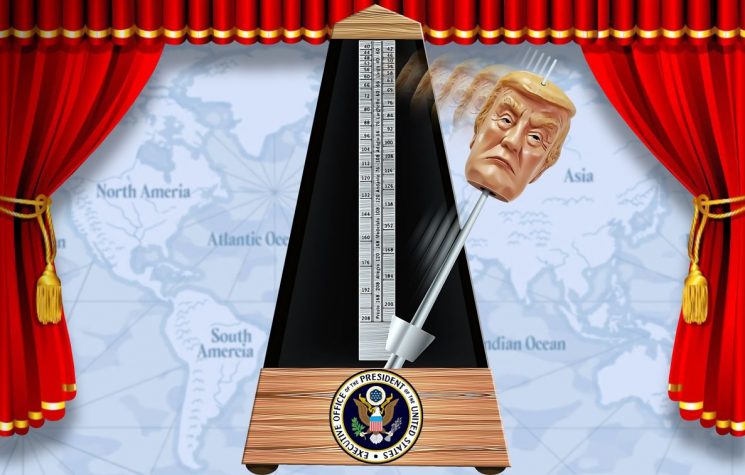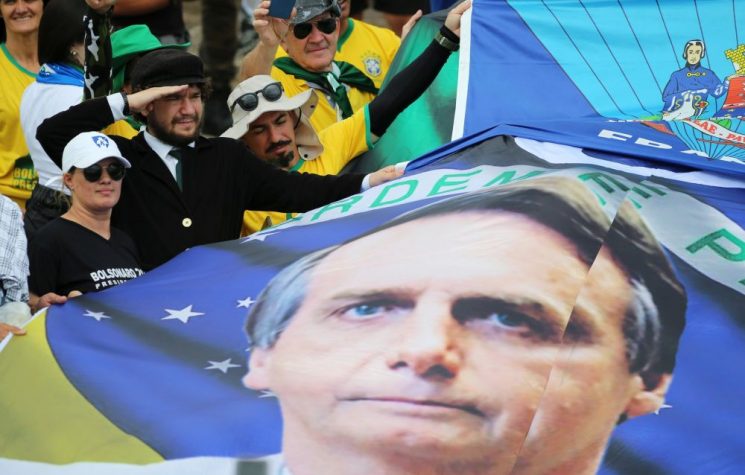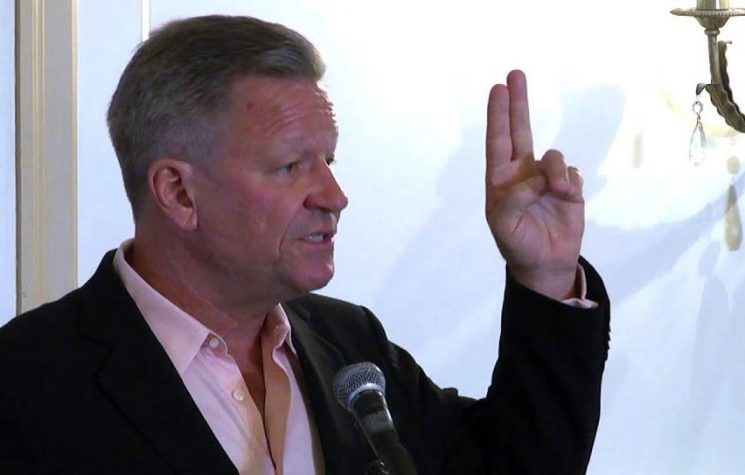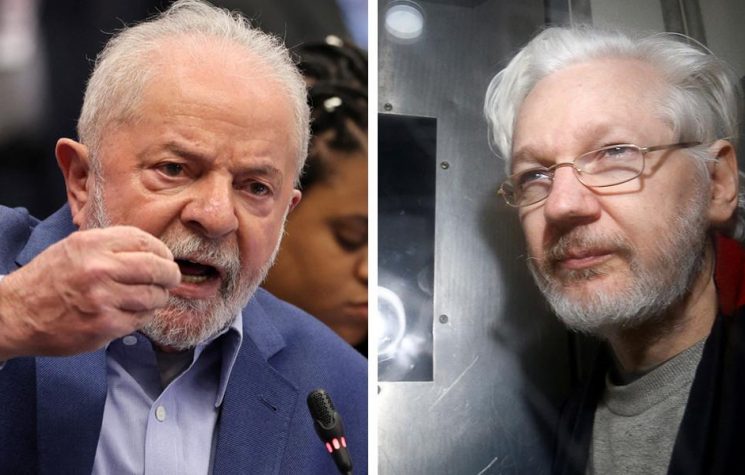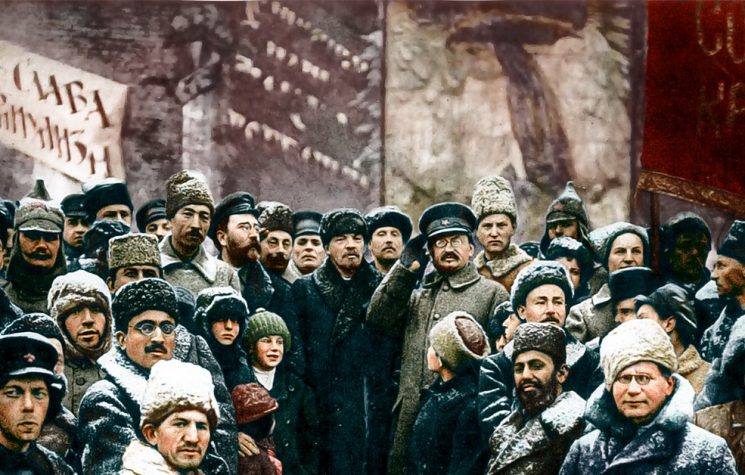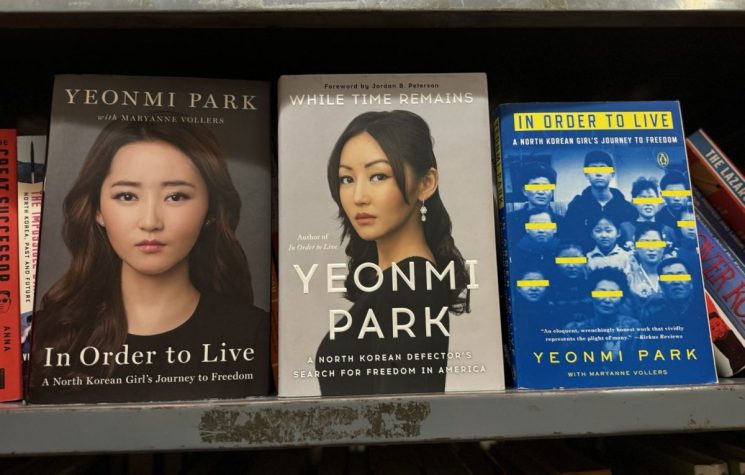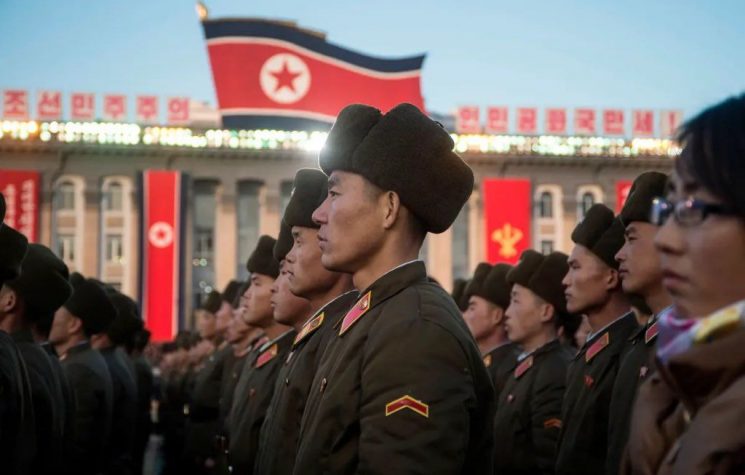The release of Assange is hardly something worth celebrating as the point that the West – in particular Washington – wanted to make was made.
Contact us: info@strategic-culture.su
“Julian Assange is free and so we are free” said RT talk show host Peter Lavelle. It was an endearing sentiment but sadly not at all true. The release of Assange is hardly something worth celebrating as the point that the West – in particular Washington – wanted to make was made. Assange was used as a way of showing hundreds, if not thousands, of other journalists who delve into the corrupt world of the west’s dirty work that this is what happens to you if you try and lift the lid on U.S. dirty laundry.
Assange was detained some 14 years ago, which started with a staged rape case which the CIA manufactured in August 2010 involving two women in Sweden and much later morphed into spying charges. For many, Assange will be a hero who was jailed for telling the truth about how the U.S. operates in war zones and the appalling level of indiscriminate, senseless killing. But for the U.S. military and many leading politicians in the U.S. who are incensed with him helping Chelsea Manning break a code gaining access to a trove of salacious military documents, he is the worst type of media worker who cannot be allowed to set an example to others – and therefore should be treated as a foreign enemy or agent of another country prepared to hit America on its soft underbelly and expose to the whole world how it goes about its treacherous craft of espionage. Dirty wars. Dirty reporting.
Biden’s move to release him was smart. It sent the right message to voters but also deflated the opportunity for Trump to do it later (although it could be argued that this thinking is comically self-demeaning). But 14 years of slow torture, with seven years trapped in the Ecuadorian embassy in London followed by Belmarsh high security prison in the UK which had a detrimental affect on his health, was a very high price to pay for the U.S. to make its point. The saddest thing is, of course, that the point that the U.S. was making is still being made and the release of Assange does nothing at all to both the U.S. and EU in terms of stripping journalists of their right to freedom of expression. From the day that Assange walked into the Ecuadorian embassy right up until being released on a non-descript June day in the UK, he must have seen the rights of journalists in the West deteriorate, which, ironically gives WikiLeaks even more of a reason to keep its dead letter box of anonymous dossiers very much alive and working.
American editor at RT Robert Bridge, like many analysts, argues quite correctly that it is a sad day for investigative journalists that Assange had to swallow a charge of spying, as part of a plea deal.
“Julian Assange, the co-founder of WikiLeaks, has agreed to plead guilty to one count of violating the Espionage Act for his role in collecting and publishing top-secret military and diplomatic documents from 2009 to 2011. What does this verdict mean for media freedom around the world?” he writes in an opinion piece for the Russian broadcaster.
But he doesn’t answer his own poignant question, leaning on how the decision will affect western journalists whose zeal will be curtailed, rather than the impact on journalists around the world, in particular on the periphery of the European Union. “While it’s certainly positive news that the U.S. Department of Justice is apparently closing the book on the tragic Assange saga, it’s shocking that the administration of President Joe Biden demanded a guilty plea for the alleged crime of obtaining and publishing government secrets. After all, this is the crucial task that investigative journalists perform on a regular basis.”
For at least a decade, regimes in the MENA region observe how EU countries’ governments clamp down on old school investigating from journalists, holding them to account on graft. They have seen the erosion of civil liberties and press freedom go hand-in-hand with a slow decline in governance in general – the European leaders gave up decades ago preaching to regimes in the MENA region or in Africa about human rights. The Assange case has pushed these regimes even further as countries in North African and the Middle East have for years carried out the most atrocious human rights abuse towards journalists with countries like Egypt and Turkey in particular making the headlines almost weekly for the hundreds of journalists it throws in jail who simply dare to leave the established line of self-censored story subjects. In Morocco, a country which was a little late in following this model which is ruthlessly enforced by GCC countries – total zero reporting on anything relating to the state or its elite, no matter how constructive – has literally only five journalists left in the entire country who are all in jail on trumped up charges (often based on fatuous sex-related charges) and some activists worry will never be set free.
For people in these countries who believe that reform might be coming their way soon, the Assange case pushes it back decades as not only, as is the case in Morocco, are journalists and their work destroyed, but a fortuitous resistance to allowing western journalists to work freely in these countries is also intensified. If the Americans and British can do that to an Australian ‘journalist’ then why should we even allow this genre of investigative hacks even live and work in our countries? Journalism as we once knew it is dying at a phenomenal rate and as we see the EU move towards even more draconian measures to control the last shreds of its rawest form, MENA countries have successfully destroyed it entirely. And it’s not hard to see. It’s there for anyone to see in the fatuous, empty stories which are presented each day in preference to anything which might whiff of tackling the real subjects which journalist brought to us every day 30 years ago. Just turn on any TV news channel in a GCC country and you will see the top story of the day being a tweet made by a royal on a subject which seems to be of little if any significance to anyone. When you strip away the journalists and their freedom to work, the pseudo journalists have to throw the dust up in the air and work as cheap circus conjurers. It’s a distraction. The Assange case, now wound up, has done such incremental damage to journalism that what we will soon have is a generation of couch potatoes who didn’t even know what journalism used to be and what its role was. The Assange case will promote pseudo journalism even more both in the EU and on its borders in countries who are literally make the profession a crime.








